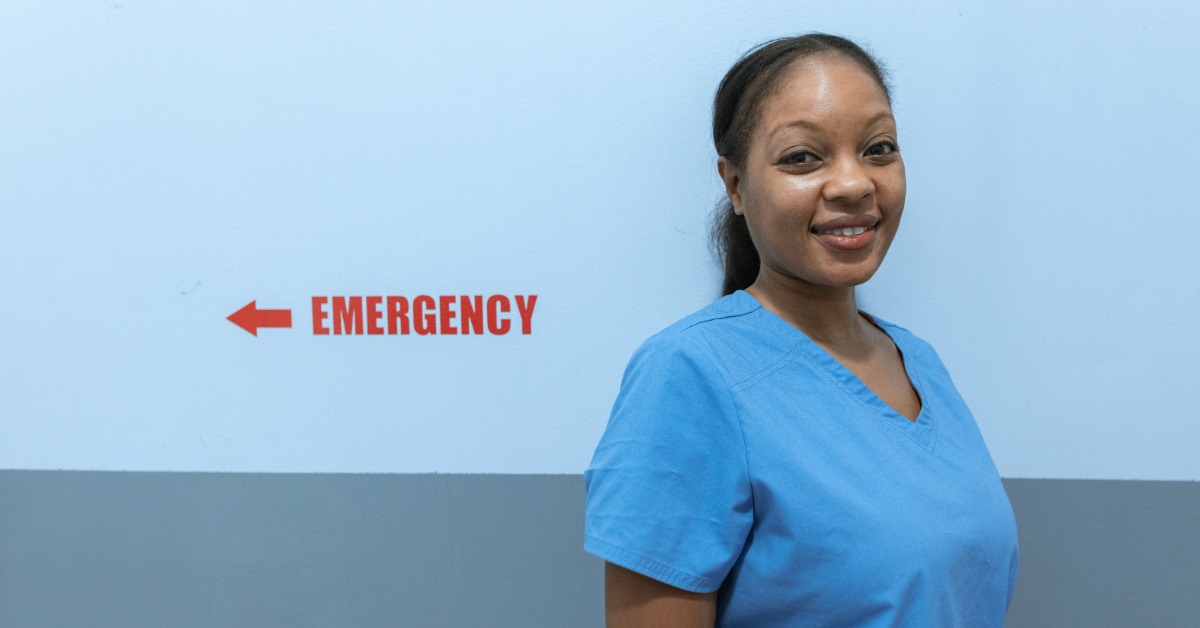While readily able to regurgitate health education to patients on the plethora of health risks associated with impaired sleep, why can’t you seem to take your own advice?
If you are wondering how improving your sleep health is possible with all your commitments and have difficulty peeling open your eyes as your alarm wakes to start your day, you have come to the right place. I’m here not only as an advocate for your body’s sleeping needs, but also as a skilled sleeper myself. Here is the list of problems:
- No time
- Low priority
- Poor sleep hygiene
Where Do You Find the Time for Sleep?
Believe me, I get it — the lengthy clinical rotations, homework assignment deadlines, and the 20 chapters to read this week —not to mention the fact that the discussion board due by Friday 23:59 isn’t going to write itself — all add up to reduced sleep time. Although staying up later seems to be a good solution, this is wrong! The quality of your work will decrease due to the increased stress and lack of rest.
What has worked best for me is accepting that I often can’t complete an assignment in a single night, but that I will have to complete it little by little.
My daily goals are not measured by the number of assignments I complete; rather, how many of the week’s topics I was able to review or begin. Measure your progress by your organization in completion, not completion time nor completion count.
- Partition your learning by breaking the readings and assignments into smaller parts. Don’t work course by course. Instead, work at each course a little at a time.
- Set time limits for each course. If you find yourself spending hours and hours on one course’s required readings, stop. Maximize your time by allotting each a specific amount of time and moving on when the time limit is up. Stop there!
- Before you are finally able to hit the sack, make a list of where you want to be tomorrow. Write down where your time is being spent and reflect often on the effectiveness of your time. Did you almost finish that reading? How much more time do you think you need to complete the reading? Give yourself some credit while being honest with the future needs of tomorrow.
Prioritization
One of the best pieces of advice I can give you to get more sleep in nursing school is to prioritize your sleep. Put sleep at the top of your list and do not get on the slippery slope of staying up later and later to cram before exams. The average adult needs at least 8 hours of sleep per night. Get into the habit of this early. Your brain will not function as well without being restored with proper sleep.
- If you have not already done so, make a calendar. I enjoy using Google Calendar where it is easy to edit my calendar, drag events, and mark assignments as complete. My calendar is where I am able to reflect on tomorrow’s needs and understand when I need to be awake in the morning.
- Put in each and every assignment. Schedule your reading time, assignment goals, and self-care for each day.
- When you feel you are coming up short, stop! It’s probably late and you are beginning to get frustrated with yourself. Give yourself a break, walk away from the day’s goals, and work toward winning with a good night of sleep. The work you produce when you are tired is probably not something to be proud of. Have grace with yourself and accept that the evening would be better spent on getting a good night’s sleep.
- Stop at nothing to get your sleep. Make no exceptions on hitting that number of restorative hours. Believe me, your body will thank you.
Studying nursing has never been easier.
Set yourself up for success with Lecturio.
Improving Sleep Hygiene
As you’re reading this, I want you to reflect on your nightly routine. If you don’t have one, then take this as a sign to start one. Poor sleep hygiene is a barrier to sleep and can even result in insomnia. Here are some tips to improve your routine:
- Stop eating approximately 4 hours before you go to bed. If you are hungry, have a small carb-dense snack.
- Limit caffeine intake after 2:30 pm.
- Turn off lights about 30 minutes before ending your day.
- Stop getting on social media before bed. In fact, delete all apps that are distracting you. Instead of making social media part of your routine, make it a reward. Only allow yourself time on social media during breaks or during meals. Hold yourself accountable. Make use of the apps’ time spent features and see how much time you are spending scrolling.
Here are some of the aspects of my nightly routine that have helped improve my sleep hygiene:
- Wash my face
- Put on my pajamas
- Light a candle
- Stretch 3 muscle groups
- Brush my hair, brush my teeth
- Let my dogs out
- Lock all of the doors
- Drink a glass of water
- …and get into bed.
Whatever you do: just find a routine that works for you personally and stick to it.
Still not Convinced? Science Says: Go to Sleep!
Sleep is important not only for your success in nursing school, but also for your health. In fact, impaired sleep is the absolute highest factor correlated with increased mortality. People averaging under 6–7 hours per night have a higher risk of mortality compared with both hypertension and cigarette smoking. Sleep is restorative and aids in the regulation of important hormones such as cortisol. It can reset your body or it can completely throw off its delicate homeostatic balance.
I challenge you!
If you are struggling with getting adequate sleep through school, like many other students, I challenge you to take a week to make the changes necessary to prioritize sleep.
I would argue that doing so can improve not only how you feel, but also how you perform. Let me give you a piece of advice: if there is one essential check-box to not be neglected it is SLEEP. Stop putting an early bedtime on tomorrow’s list and start TODAY.

Veronica Wilson
Veronica Wilson is a honors student in her final semester at the University of Arizona College of Nursing Integrative Health program. She found her passion for nursing during her previous experiences as an EMT and Patient Care Technician seeing the impact that nurses had on patient care. In her spare time, Veronica enjoys spending time exploring the desert of Phoenix with her two dogs, paddle boarding, camping, and yoga.




